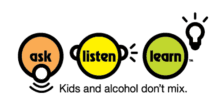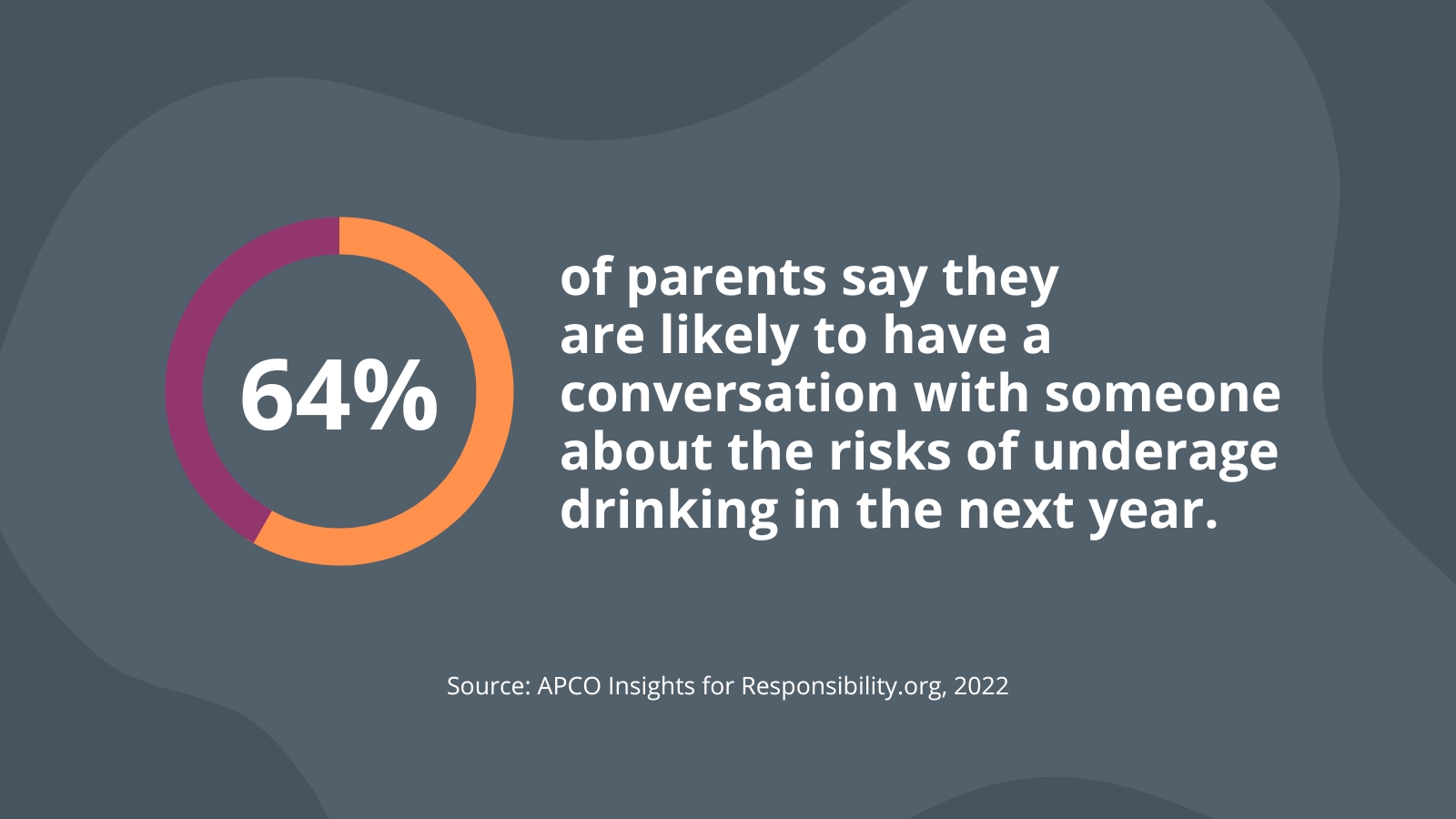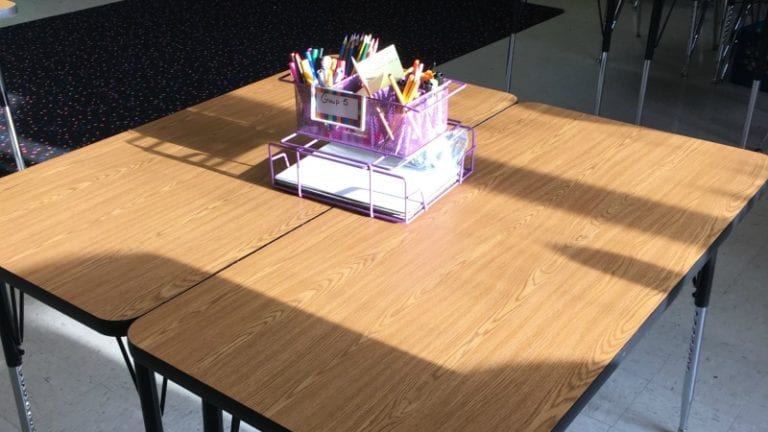Teachers have always played a leading role in underage drinking prevention. Whether it’s through formal lesson plans or unplanned conversations started by a student’s question, we know we’re going to be to be addressing this crucial and sensitive topic in our classrooms. While we might be tempted to push these lessons off to middle or high school, research shows that earlier is better when it comes to helping our students commit to saying “yes” to making healthy lifestyle choices.
Ask, Listen, Learn is a completely free digital underage drinking prevention program for kids ages 9-13 (grades 4-8) and their parents and teachers. Its goal? To reduce underage drinking by helping students really understand how their brains work—and how alcohol affects that.
Here are 10 essential takeaways from the Ask, Listen, Learn program that show just how important it is for teachers to address this important topic with their students in a way that is engaging, meaningful, and packs a powerful prevention punch.
1. Kids are ready to talk about underage drinking prevention, and we need to start the conversation sooner than we might expect.
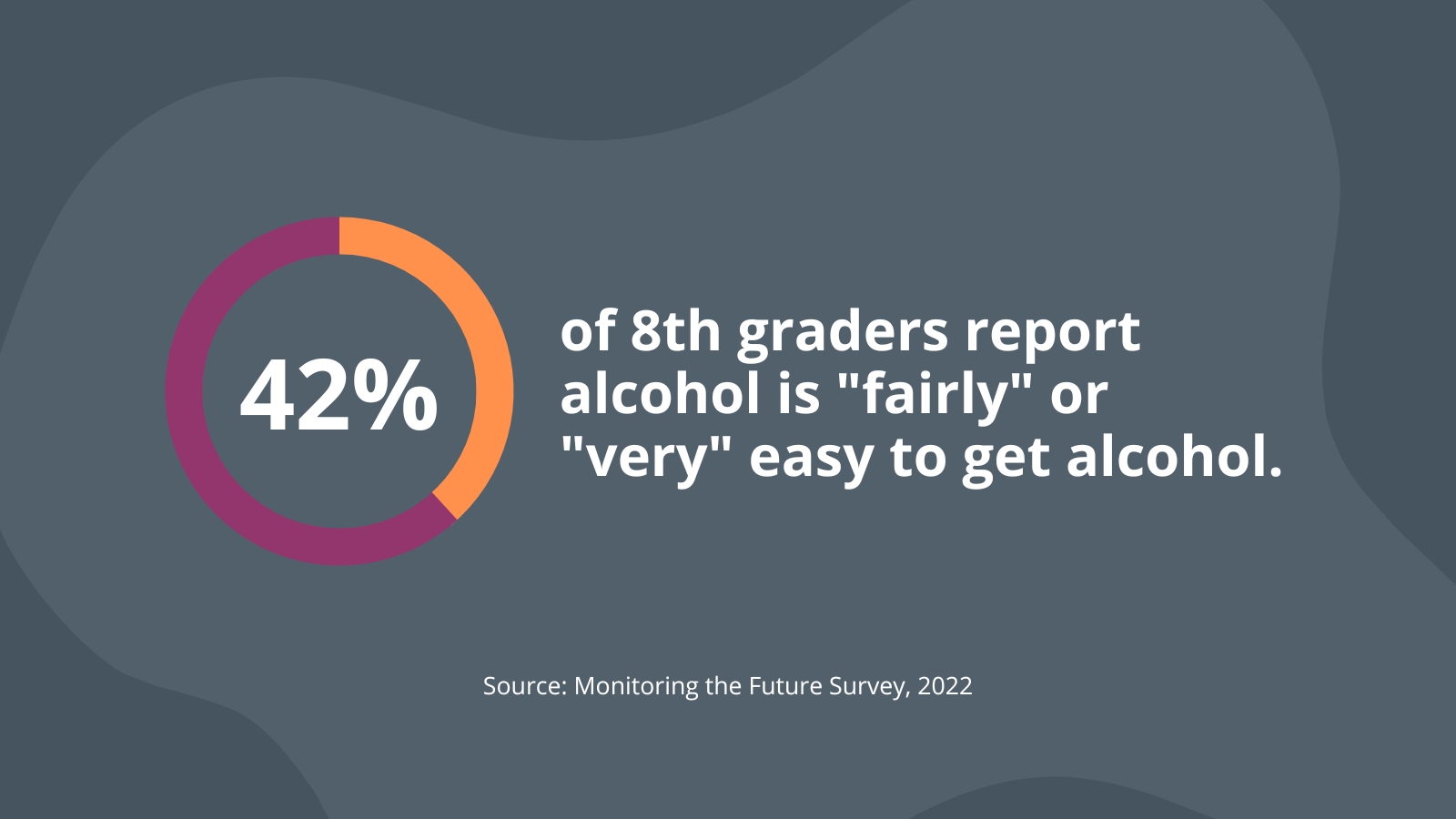
Underage drinking prevention may feel like a topic most appropriate for middle or high school, but research indicates we need to be starting these conversations in elementary school. A 2016 survey completed by the Substance Abuse and Mental Health Services Administration revealed that nearly one-fifth of underage kids surveyed stated they’d consumed alcohol in the past month. And that’s just the students who took the survey and reported their behavior honestly. The actual number of our students who have tried or been exposed to alcohol by the age of 12 is likely higher. This means to really have an impact, we need to be discussing the dangers of underage drinking with our students before middle school.
2. Parents are on our side when it comes to underage drinking prevention.
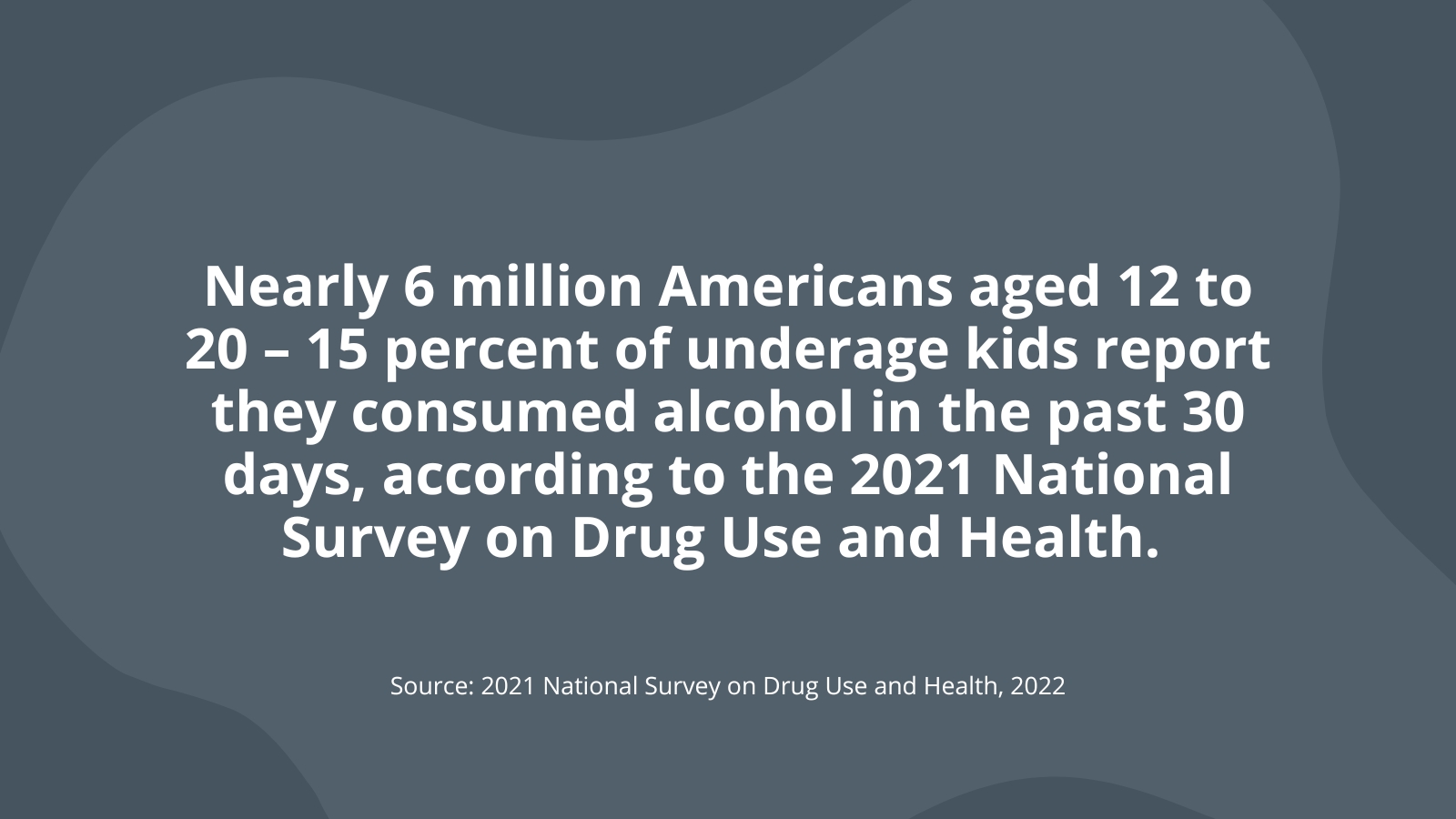
Tackling sensitive topics with students can be nerve-wracking as a classroom teacher. Fortunately, Ask, Listen, Learn‘s lesson plans and resources were designed with both parents and teachers in mind. This means you’ll be able to work together to help your students receive the best information and encourage them to make healthy, safe choices. There are plenty of resources to share with your students’ parents including letters that explain the program, parent tips, and more that will help them have these important conversations at home.
3. Having these conversations doesn’t have to be “cringey.”
You can get the conversation started comfortably with the right approach. While three out of four families have talked to their kids about underage drinking at least once in the last year, only about 40% of those families focused on brain development. We know students love learning about themselves and the way their minds work. Because of this, we can use this key strategy to teach kids about the effects of underage drinking. Additionally, Ask, Listen, Learn reminds teachers that our discussions with our students should always:
- Include developmentally appropriate topics
- Focus on questions the child has
- Use accurate information to talk with the child
- Talk about healthy lifestyles and that underage drinking and healthy lifestyles don’t mix
- Revisit the topic at another point in time—this should not be a one-time discussion
- Empower students to understand that they are in control of the healthy lifestyle choices they make
- Don’t simply use scare tactics, but rather focus on the positives of saying yes to a healthy lifestyle
4. Our students need to know their brains aren’t finished developing until their mid-20s (and alcohol will negatively affect that development).
What sets Ask, Listen, Learn resources apart from other underage drinking prevention programs is how it ties everything back to the brain. When students discover just how big of an impact their brain has on the rest of their body physically, mentally, and emotionally, their eyes may widen and their mouths may drop! Understanding that their brain isn’t fully developed until their 20s is a powerful realization—and one of many facts they’ll think back on when faced with the choice to drink.
5. Valuing a healthy body prevents underage drinking.
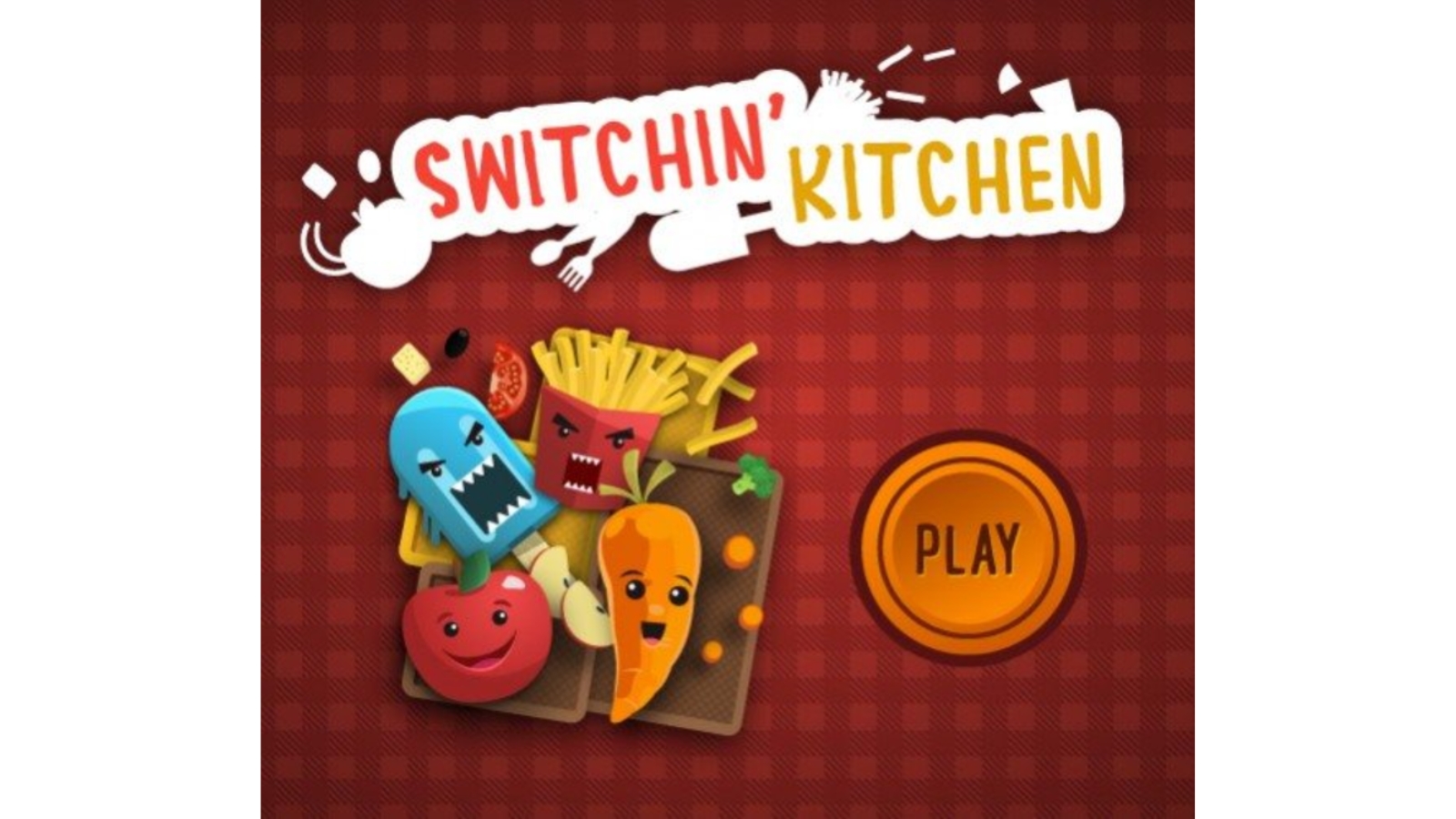
Thinking about healthy living gives students the chance to think broadly. At this age, students are beginning to care more passionately about what they eat, recognize that movement matters, and pay attention to how they’re dealing with big emotions. They discover an appreciation for how everything works together toward a well-lived life—and their healthy choices matter for the best outcome. Ask, Listen, Learn has great resources for encouraging these positive choices, like “Switchin’ Kitchen,” a game that requires players to swap unhealthy food items for healthy ones before time runs out.
6. Children ages 9 to 12 face real peer pressure, but (thankfully) there’s more than one way to say no to alcohol.

Kids ages 9 to 12 may be faced with underage drinking choices before we realize it. Because of this, they need options to communicate with their peers. There’s not a one-size-fits-all approach to handling a peer-pressure underage drinking situation. Kids gravitate to what makes sense for their friend group. They also thrive when given a variety of strategies that will work for their own personality and in specific situations. Do they need to be blunt and direct or somehow divert the offer without causing a friend any embarrassment? Students can find their voice to say no in a way that makes the most sense to them.
7. It’s not too soon to be talking about marijuana as well as alcohol.
Although it may feel like it for teachers, it’s not too soon to be talking about the dangers of marijuana use with our upper-elementary students. As vaping becomes more prevalent and accepted among older teens and adults, our younger students are watching and taking notice. Just like alcohol, marijuana negatively affects young peoples’ developing brains and bodies. Ask, Listen, Learn’s engaging videos, lesson plans, and activities break this topic down for students in ways that are easy to understand and remember. And just like the resources on underage drinking prevention, they come with a teachers guide to ensure we feel comfortable having these discussions, and a parent letter to keep the communication at home open at all times.
8. Students notice adult behavior more than we may know.
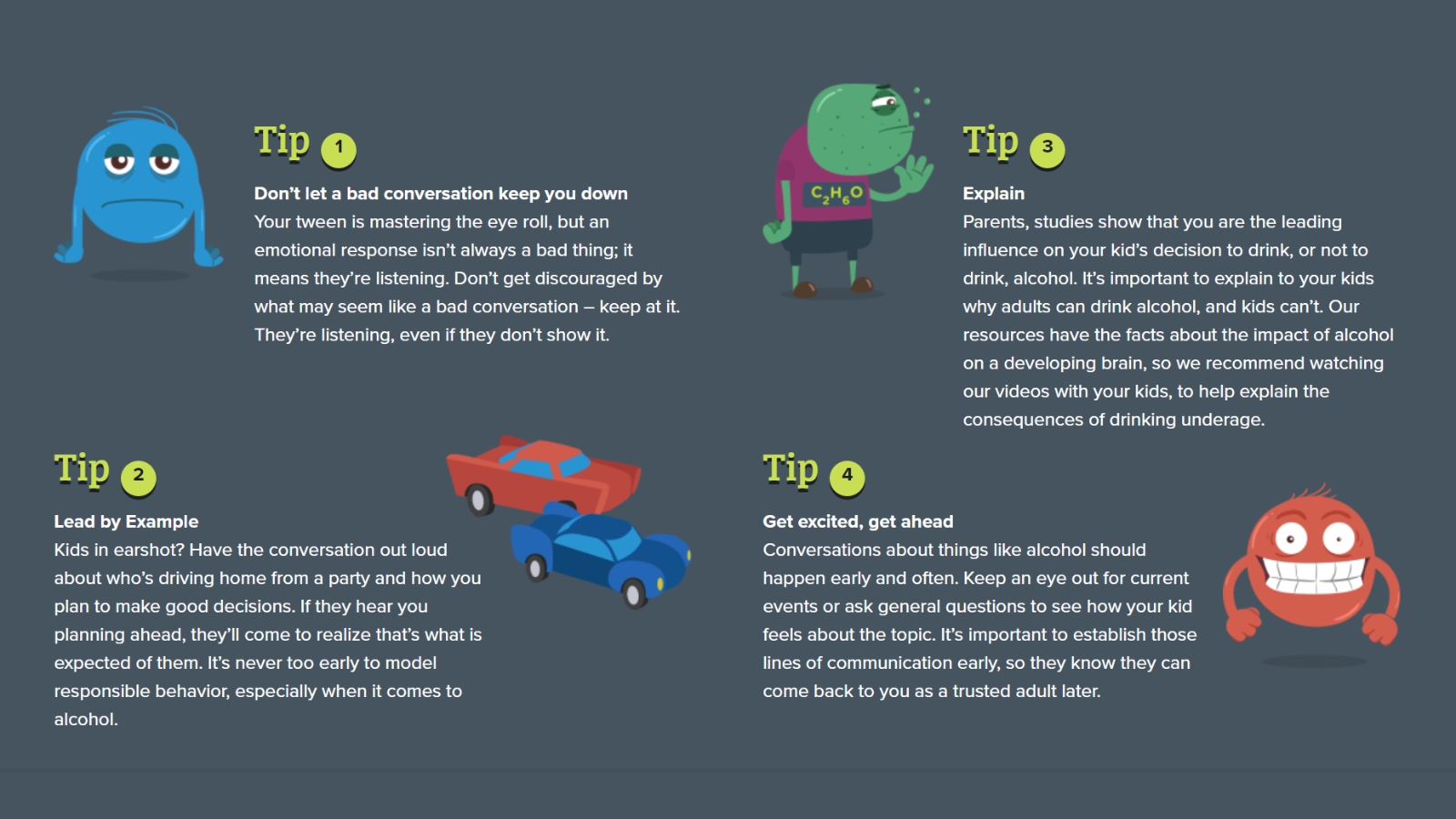
Young students mirror what parents and teachers do, whether they would admit to that or not! So, the adults in their lives have a great opportunity to be on the lookout for opportunities to start a conversation about underage drinking. Ask, Listen, Learn encourages parents and teachers to “grab the moment to start asking questions. That’s right, asking, not talking first. Ask what they think, what they’ve heard, and what they’ve noticed. This will allow you to learn what your kids already know—and what they don’t. Listen to their answers, and then add your own opinion. Sometimes the exchange will be that short. Sometimes it will go a little deeper. But start early—at the beginning of elementary school—and don’t stop until they’re grown. … They’re listening, even if you don’t think they are.”
9. These conversations set the tone for healthy decision-making now and in the future.
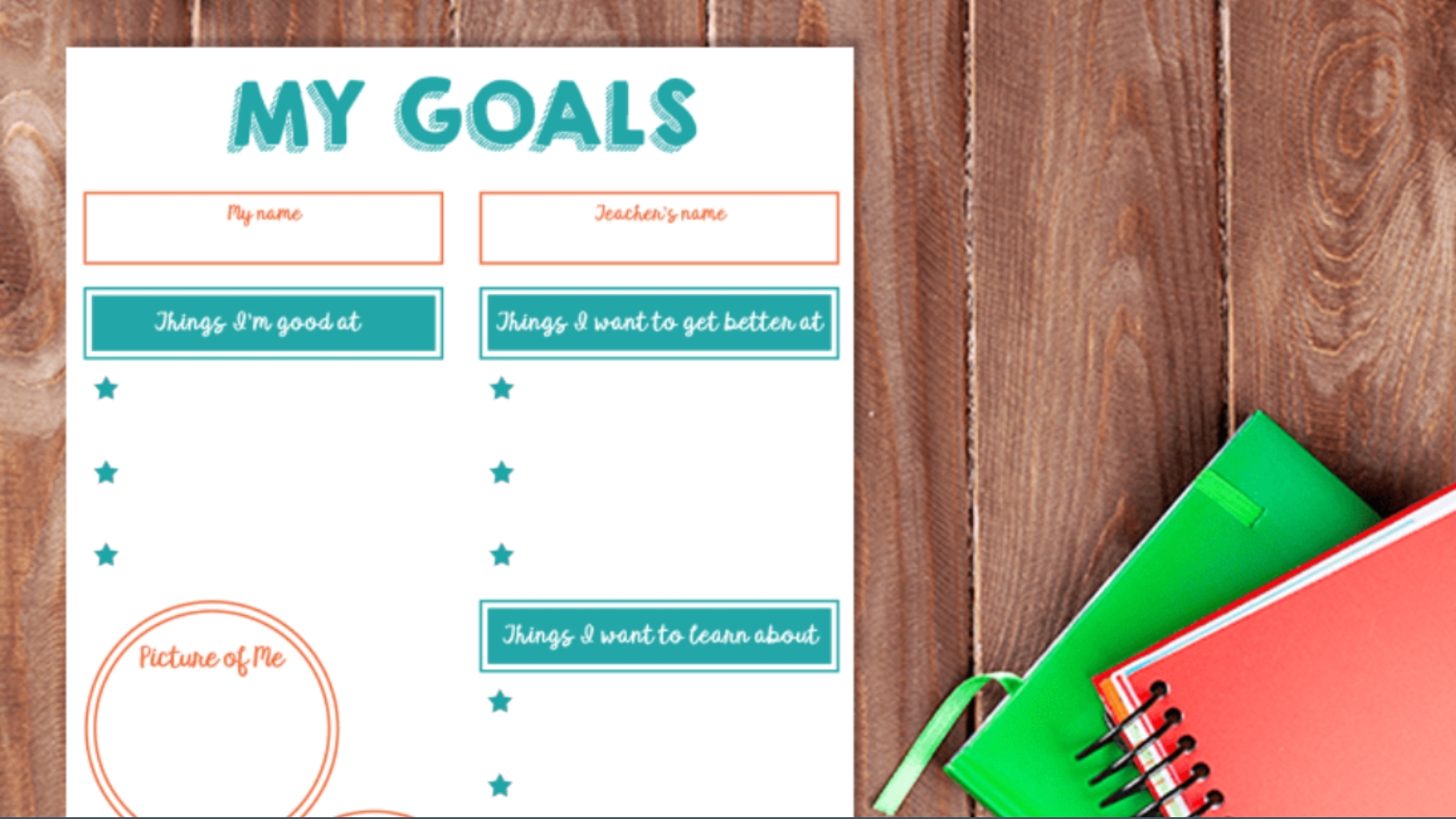
Students face daily challenges academically and socially at this age. By creating an environment that encourages conversation, critical thinking, and a positive mindset, you’re setting your students up for success. Learning to set and commit to personal goals is one way to teach them not to give up (or give in!) when their values are questioned. Whether that’s homework, exercise, or issues with friends, talking and writing about what they want to achieve helps their long-term ability to say yes to a healthy lifestyle.
10. We need to be talking about underage drinking prevention with our students. But we don’t have to do it alone!
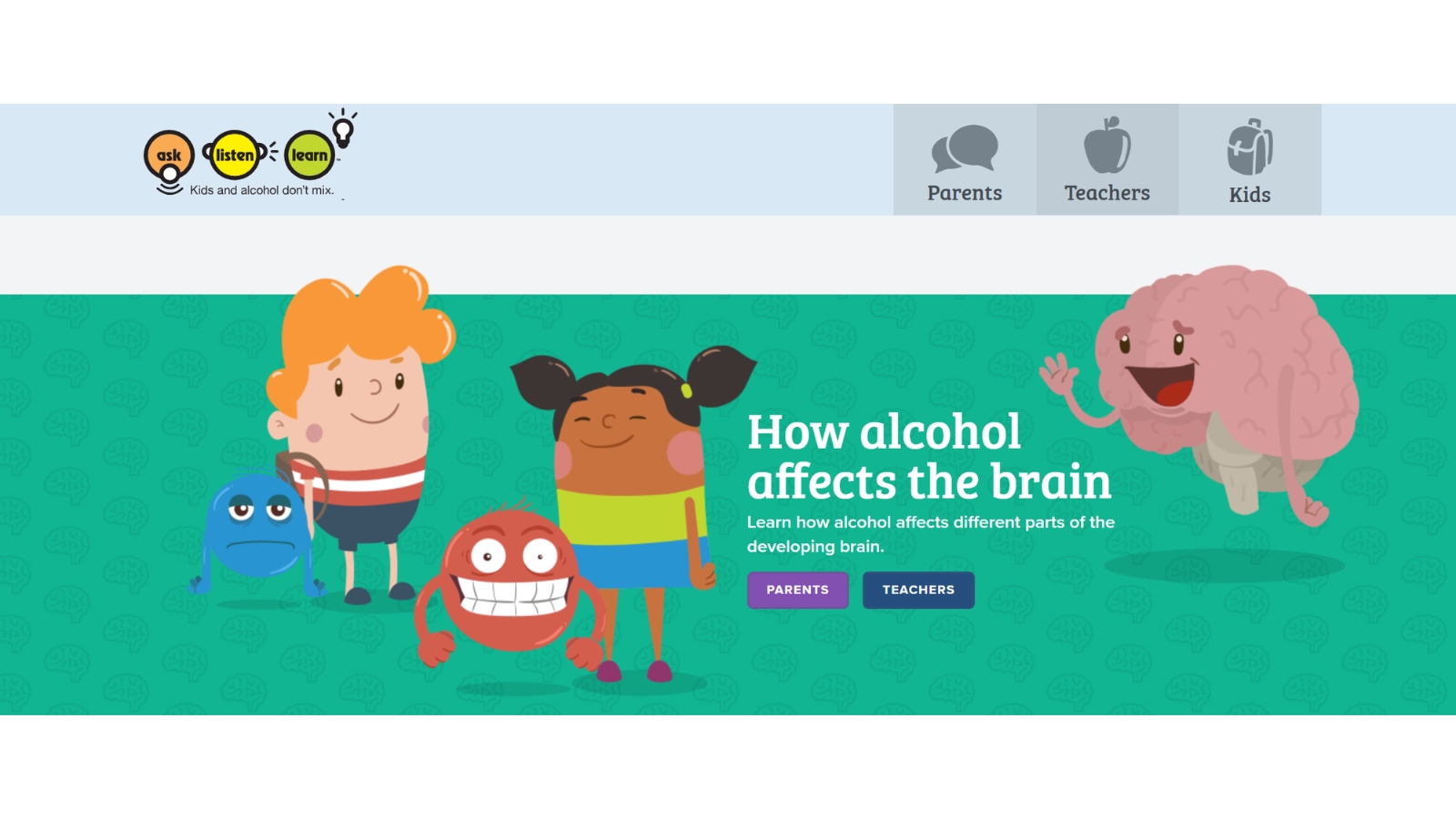
These lessons are essential ones for helping our younger students develop the skills they’ll need to make healthy choices throughout their lives. The conversations may make us nervous at first, but with practice, we’ll gain comfort and learn more about our students than we ever knew before. Fortunately, the resources exist to help us with this important work. Ask, Listen, Learn is a FREE underage drinking prevention program for kids ages 9-13 and their parents and educators. It is complete with lesson plans, worksheets, and videos and is aligned to national standards.
Find out more!
